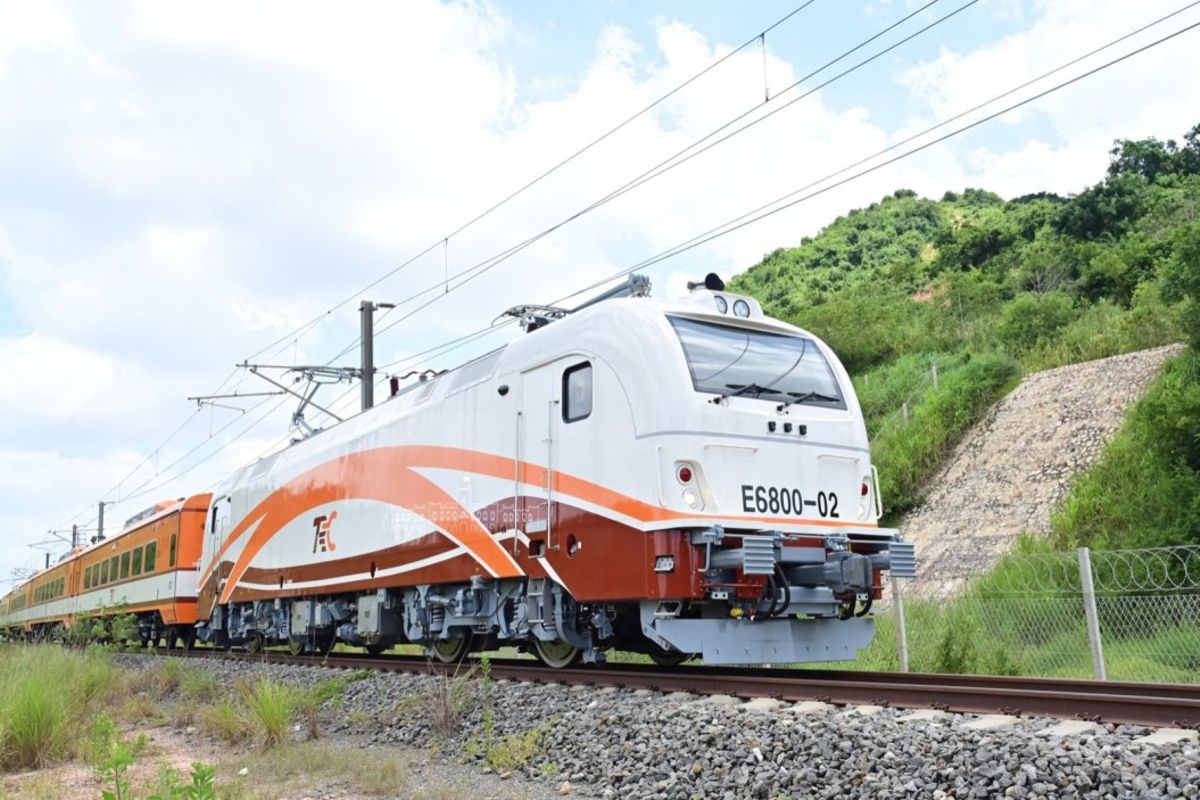Drop in business ranking should raise no alarm
What you need to know:
- This notwithstanding, Tanzania is a growing nation with tremendous potential. It is a growing nation with many challenges and room for improvement.
World Economic Forum Global Competitiveness ranked Tanzania in position 125, five steps down from its previous 120th position. In black and white, a drop from the 122nd position to number 125 should not be a cause for alarm, neither should it translate into some kind of diminished competitiveness. It rather means that as a nation we are faced with challenges here and there that need to be addressed. We need to make serious adjustments and improvements on critical and competitive institutional pillars. Several factors may have contributed to this change. We must be mindful of the fact that Tanzania is not the only country that has been affected; a number of developed and very competitive nations moved steps down. Sweden has declined and so has the United Kingdom. The global economy has been recovering from a state of collapse three years ago. Almost every country was affected. The United States, as well as the entire European economy, was severely beaten; and major pillars that contribute to the global competitiveness were shaken. Many infrastructural projects stalled amid funding shortfalls. We therefore do not see any serious long term implications for Tanzania dropping five points from its previous position.
Tanzania’s global competitiveness decline can be attributed to macroeconomic fundamentals that might have been overlooked or not prioritized. These need to be brought back on track by narrowing the budget deficit and further reducing inflation. Structural reforms, on the other hand, are essential in order to maintain macroeconomic stability in the country. We must also ensure that the labour market contributes more efficiently to raising competitiveness. Though the labour market may not be at its best, we do, however; have room to make the necessary adjustments by ensuring that all capable and able persons put their skills to work. There is need to reform and improve our institutional capabilities to increase job creation and diversification. Our labour market must be all inclusive for us to ascend on the global competitiveness ladder. There is a system-wide room for improvement. The country needs to push for more transparency in its critical institutions as well as elevating and refining its capabilities for the country to rise in its quest for global competitiveness. The Global Competitiveness Index (GCI) cites Tanzania’s infrastructure as least underdeveloped (134th), with poor roads and ports and unreliable electricity supply (131st). It also cites enrolment rates at the secondary and university levels to be among the lowest in the world (at 134th and 138th place, respectively). In other words it specifically points out that the country’s educational system needs to be overhauled.
In Sub- Saharan Africa, countries that continue to reflect significant regional dynamism in the GCI, Tanzania is amongst them. This notwithstanding, Tanzania is a growing nation with tremendous potential. It is a growing nation with many challenges and room for improvement. In fact, it is one of the fastest growing economies in Africa.
The decline in competitiveness ranking can be overcome if more effort is asserted across various vital and relevant elements of competitiveness to place the country on a firmly sustainable growth and development path going forward: more so towards the serious infrastructure deficit. It took the most competitive nations such as Switzerland, Sweden, US etc. hundreds of years to be where they are today. Tanzania is a relatively young vibrant country. In its fifty plus years of existence, it has made headways, though challenges remain almost in every sector of its economy.
Tanzania has some of the best economic competitiveness policies in the entire continent. It is one of Africa’s fastest growing economies. In fact, it is arguably the fastest growing economy in the entire East and Central Africa region. With its abundant natural resources, it is poised to be Africa’s most competitive country in the next two decades if proceeds from the resources are channelled into the right areas. We only need to improve the country’s education system, infrastructure, information and communication technology (ICT) and employment sectors to rival and overtake some of the Asian giants.




